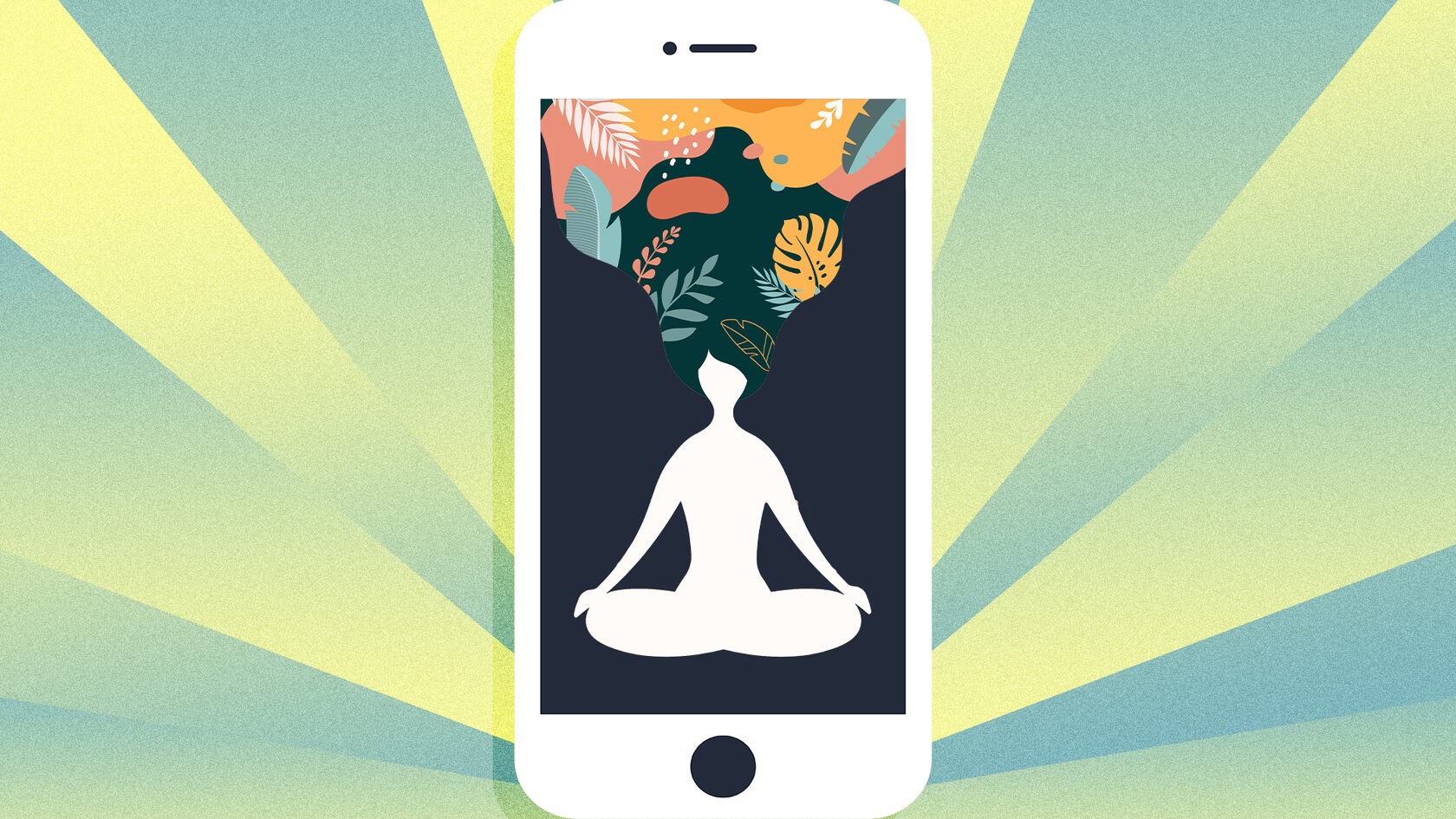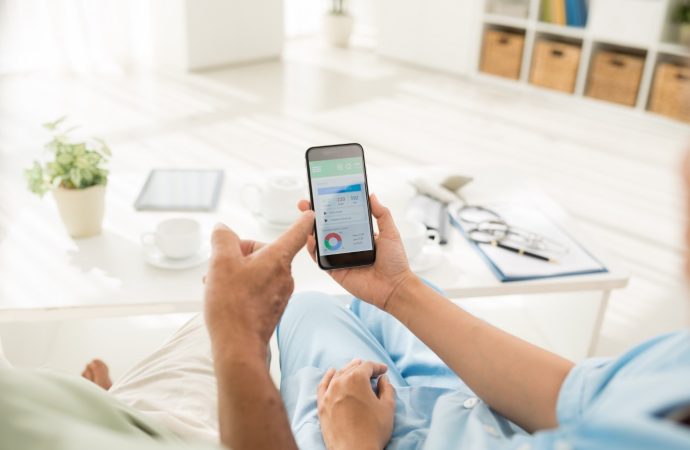In recent years, the landscape of mental health care has undergone a significant transformation, largely due to the advent of digital technology. Among the most impactful innovations are mental health apps, which have revolutionized the way individuals access therapy and mental health support. These apps have made it easier for people to seek help, breaking
In recent years, the landscape of mental health care has undergone a significant transformation, largely due to the advent of digital technology. Among the most impactful innovations are mental health apps, which have revolutionized the way individuals access therapy and mental health support. These apps have made it easier for people to seek help, breaking down barriers that have traditionally impeded access to mental health care. This article explores how mental health apps are changing therapy access, their benefits, and the challenges they face.
The Rise of Mental Health Apps
Mental health apps are digital tools designed to provide a range of mental health services, from self-help resources and mood tracking to direct communication with licensed therapists. According to a report by the American Psychological Association, the number of mental health apps has surged in the last decade, with thousands now available on various platforms. This growth reflects a broader trend towards digital health solutions and the increasing recognition of mental health as a critical component of overall well-being.
Breaking Down Barriers to Access
1. Geographical Barriers
One of the most significant ways mental health apps are changing therapy access is by overcoming geographical barriers. In rural or remote areas, access to mental health professionals can be limited or non-existent. Mental health apps bridge this gap by providing users with the ability to connect with therapists regardless of their location. This is particularly beneficial for individuals in underserved communities who might otherwise have no access to mental health services.
2. Financial Barriers
Traditional therapy can be expensive, and not everyone has insurance that covers mental health services. Mental health apps often offer more affordable options, including sliding scale fees or subscription models that are more budget-friendly. Some apps even provide free resources, making mental health support accessible to a broader audience.
3. Stigma Reduction
The stigma associated with seeking mental health care can deter individuals from pursuing therapy. Mental health apps offer a level of anonymity and privacy that can help reduce this stigma. Users can access resources and communicate with therapists without the fear of being judged or exposed, which can encourage more people to seek help.
4. Convenience and Flexibility
Mental health apps provide unparalleled convenience and flexibility. Users can access therapy sessions, self-help tools, and other resources at any time and from any place. This flexibility is particularly advantageous for individuals with busy schedules, those who travel frequently, or those who may find it challenging to attend in-person sessions.

Picture by: Yandex.com
Benefits of Mental Health Apps
1. Immediate Access to Support
One of the most compelling benefits of mental health apps is the immediacy of access. In traditional settings, individuals might have to wait weeks or even months for an appointment with a therapist. Mental health apps can provide immediate support, which is crucial for individuals in crisis or those experiencing acute mental health issues.
2. Personalized Care
Many mental health apps use artificial intelligence and machine learning algorithms to offer personalized care. These technologies can analyze user data to provide tailored recommendations, track progress, and adjust treatment plans as needed. This level of personalization can enhance the effectiveness of mental health interventions.
3. Comprehensive Resources
Mental health apps often come equipped with a variety of resources, including educational materials, self-help tools, and community support forums. These resources can empower users to take an active role in managing their mental health and provide additional support between therapy sessions.
4. Data-Driven Insights
The ability to track and analyze data is another significant advantage of mental health apps. Users can monitor their mood, behavior, and progress over time, which can provide valuable insights into their mental health. This data can also be shared with therapists to inform treatment plans and improve outcomes.
Challenges and Considerations
1. Quality and Efficacy
With the proliferation of mental health apps, ensuring the quality and efficacy of these tools is a critical concern. Not all apps are created equal, and some may lack the rigorous testing and evidence-based approaches necessary for effective mental health care. Users should seek out apps that are backed by clinical research and have been developed in collaboration with mental health professionals.
2. Privacy and Security
Mental health apps handle sensitive personal data, making privacy and security paramount. Users must be confident that their information is protected and that the app complies with relevant regulations, such as the Health Insurance Portability and Accountability Act (HIPAA) in the United States. Developers must prioritize robust security measures to safeguard user data.
3. Digital Divide
While mental health apps offer numerous benefits, they are not accessible to everyone. The digital divide, characterized by disparities in access to technology and the internet, can prevent some individuals from utilizing these tools. Efforts must be made to address these disparities and ensure that digital mental health solutions are inclusive.
4. Human Connection
While mental health apps provide valuable support, they cannot fully replace the human connection inherent in traditional therapy. The therapeutic relationship between a client and therapist is a critical component of effective mental health care. Apps should be viewed as a complement to, rather than a replacement for, in-person therapy.
The Future of Mental Health Apps
The future of mental health apps is promising, with ongoing advancements in technology poised to enhance their capabilities further. Emerging technologies like virtual reality (VR) and augmented reality (AR) hold potential for immersive therapeutic experiences. Additionally, the integration of wearable devices and biometric data could provide real-time insights and interventions, making mental health care even more responsive and personalized.
Collaboration between app developers, mental health professionals, and regulatory bodies will be essential to ensure that mental health apps continue to evolve in ways that prioritize efficacy, safety, and inclusivity. By addressing the challenges and building on the strengths of these digital tools, we can create a future where mental health care is more accessible and effective for all.
Conclusion
Mental health apps are undeniably changing the landscape of therapy access, offering innovative solutions to longstanding barriers. By providing immediate, affordable, and personalized support, these apps have the potential to reach millions of individuals who might otherwise go without the mental health care they need. As technology continues to advance, mental health apps will play an increasingly vital role in promoting mental well-being and ensuring that help is just a tap away.
















